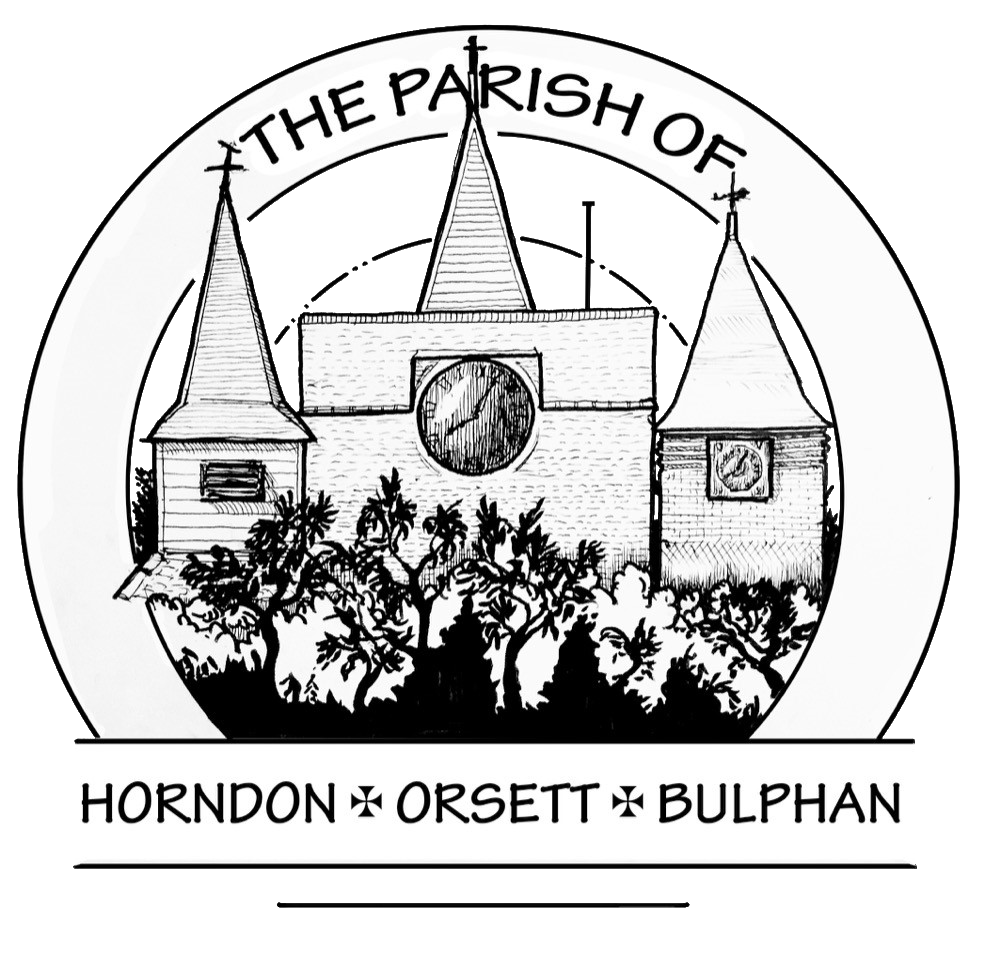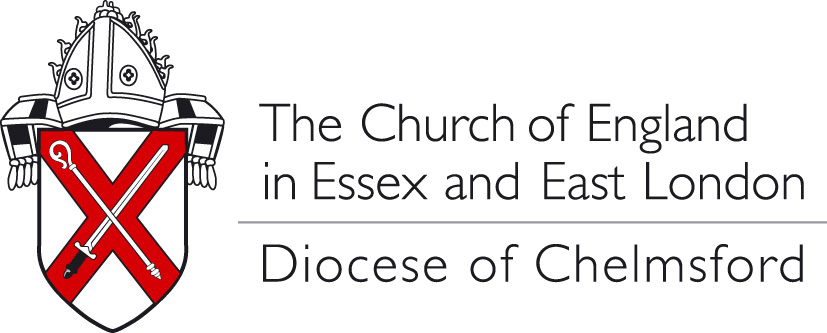Happy New Year!
So what are your hopes for 2022?
We are beginning the year in the church by uniting our three churches to become the Ecclesiastical Parish of Horndon, Orsett and Bulphan, which means that instead of having three Parochial Church Councils we will have one PCC as we work together to serve God in our three villages and beyond. This means that on Sunday 30th January, after the morning service at Orsett, we will be electing the members of the new Church Council at a special meeting to which all those on the electoral rolls are invited.
To mark the beginning of this new era in our church governance, Bishop Guli, who was appointed to serve as the Bishop of Chelmsford last year, will be joining us at our service on 9th January, at Orsett, at 10am to pray for us. She will also be baptising two children who we will be welcoming into our church family and she will be blessing the work of our local farmers as we will also be celebrating Plough Sunday.
The observance of Plough Sunday, on the First Sunday of Epiphany, goes back to Victorian times, but behind it there is a much older observance, associated with the first working day after the twelve days of Christmas.
Although the nature of farming has changed over the centuries, Plough Sunday is generally seen as a way of celebrating farming and the work of farmers. It is an opportunity to cherish the land and human labour, and to remind us all of our dependence upon it and upon God. You are all invited to this service, where will give thanks, in particular, to our local farmers and pray for them.
Every good and perfect gift comes from you, O Lord.
For fertile soil, for the smell of newly-turned earth
we give you thanks, O Lord.
For keen cold frosty winter days and nights
we give you thanks, O Lord.
For the tractor’s hum and the gleam of a cutting edge
we give you thanks, O Lord.
For the beauty of a clean-cut furrow and the sweep of a well-ploughed field
we give you thanks, O Lord.
Blessed be you, Lord for all your gifts to us.
Amen.
The Arthur Rank Centre
I look forward to seeing you soon.
Take care and God bless,
Sue
Sue

